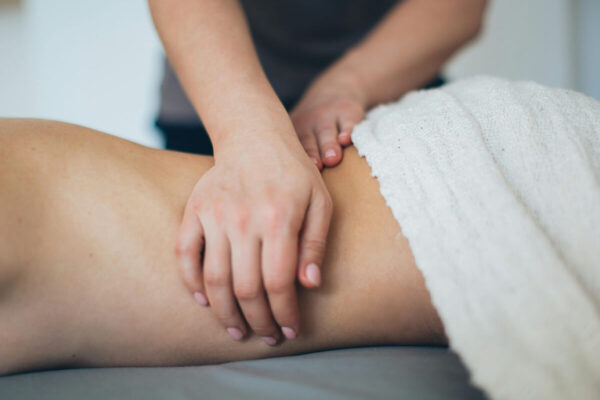Is Physiotherapy an Effective Treatment for Arthritis?
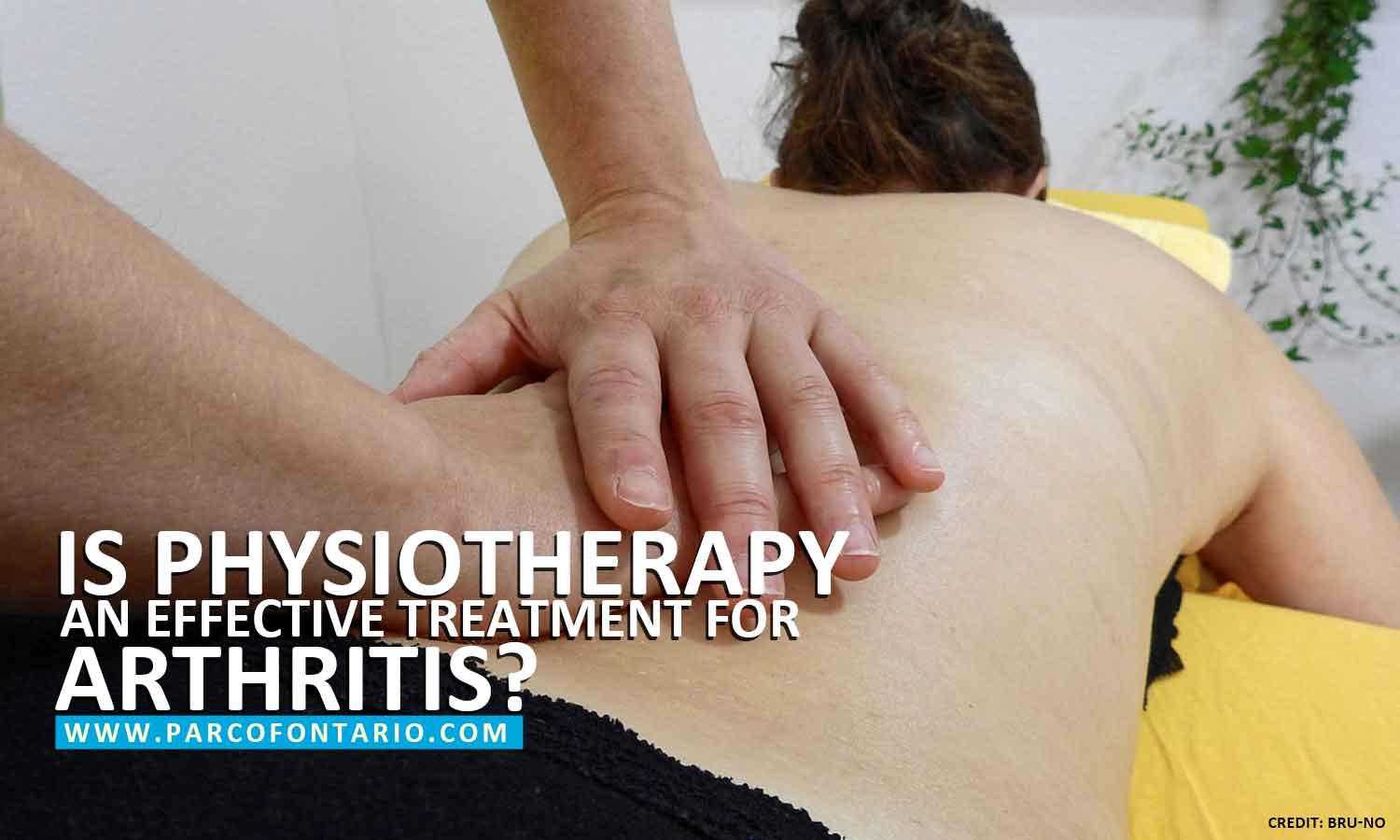
Physiotherapy has been known to treat chronic pain and restore the quality of life in many patients using safe and effective treatment solutions. Over the years, people with acute or chronic arthritis seek physiotherapy services for pain management.
In this blog, we will learn how physiotherapy can effectively provide a long-term solution for painful arthritis, but let us dig into the basics first.
Arthritis: Symptoms, Types, and Risk Factors
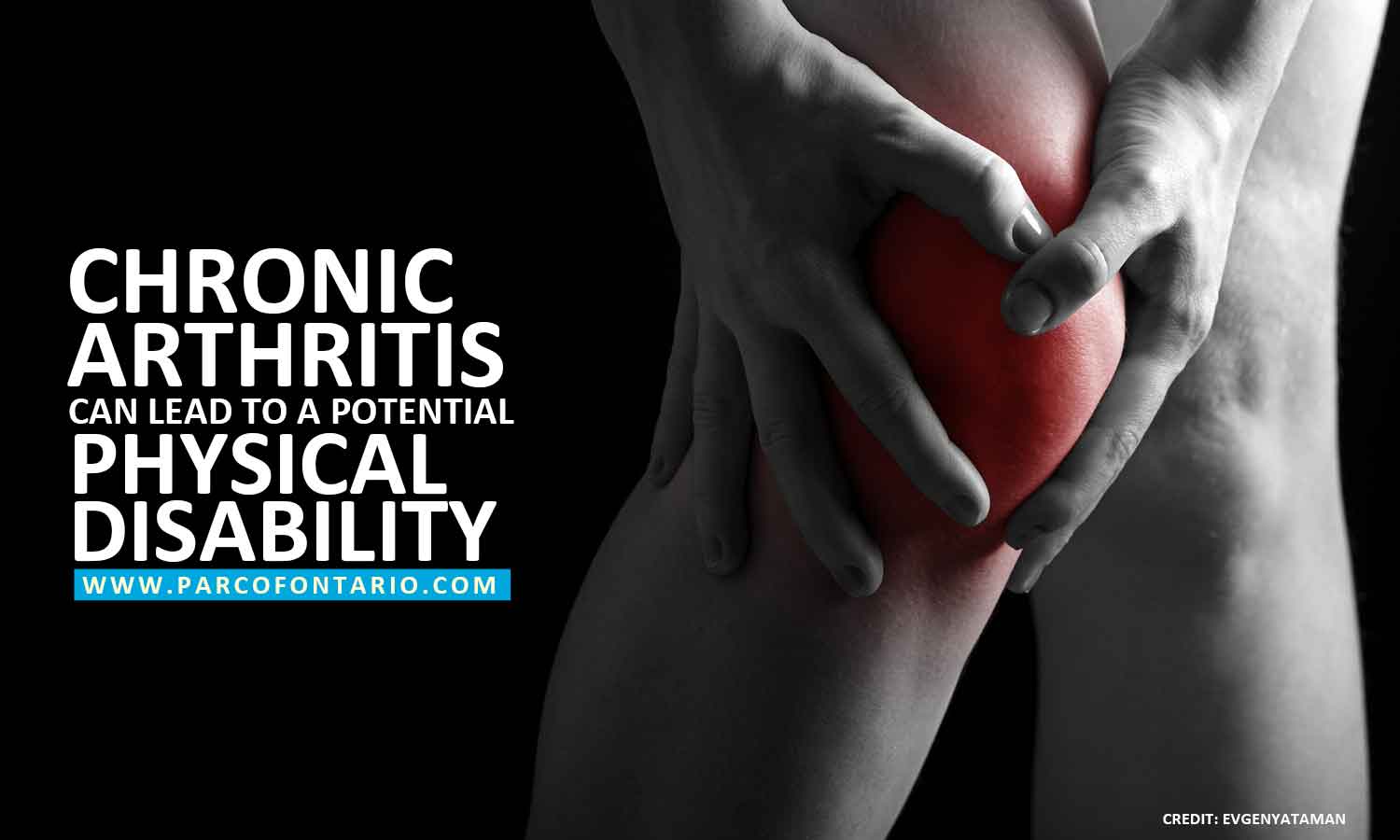
Arthritis is a common health problem characterized by the inflammation of the joints. It is the leading cause of disability in Canada, affecting more than 4.6 million Canadians aged 15 years and older. While it affects millions of people, arthritis is a disease more prevalent in women.
Arthritis often affects the knees since they carry most of our weight. Among the most common symptoms associated with arthritis include:
-
- Extreme joint pain
- Stiffness in joints
- Tenderness & swelling of joints
- Limited joint mobility
Symptoms can be mild, moderate, or severe. Although they come and go, symptoms can worsen over time. The pain eventually becomes chronic, resulting in an inability to perform daily activities (climbing stairs, walking, and running).
As arthritis progresses, it causes permanent damage to the joints. While damaged joints are only visible on X-ray, some changes are apparent physically, such as knobby joints. Some types of arthritis do not only damage the joints, but it also affects some of your vital organs, such as the heart, lungs, kidney, eyes, and skin.
Here are the different types of arthritis:
- Degenerative arthritis – Among the most common type of degenerative arthritis is osteoarthritis, a condition characterized by worn-out cartilage which cushions the surface on the ends of the bone. As the cartilage breaks down, the bone rubs against each other’s surface, causing pain, swelling, and stiffness. Over time, the joints become weakened and mild pain becomes chronic.
Pain management strategies for mild or moderate osteoarthritis symptoms include:
-
- Hot and cold therapies
- Regular physical activities, including targeted exercise
- Use of an assistive device
- Over-the-counter medications
- Rest & avoiding excessive repetitive movements
- Inflammatory arthritis – A healthy immune system protects you from inflammation to prevent the risk of infection and disease. When your immune system goes awry, it can mistakenly attack the joints, causing erosion of the joints and potential damage to different organs. Psoriatic arthritis and rheumatoid arthritis are common forms of inflammatory arthritis.
- Metabolic arthritis – When the body breaks down purine, the body generates uric acid. If the body naturally produces uric acid higher than the body needs or fails to flush it out quickly enough, it may result in high levels of uric acid in the blood. As it builds up, uric acid forms needle-like crystals in the joint. This could result in a gout attack or sudden spikes of extreme joint pain. Over time, gout attacks could cause ongoing chronic pain resulting in disability.
How Arthritis Can Affect Your Daily Life
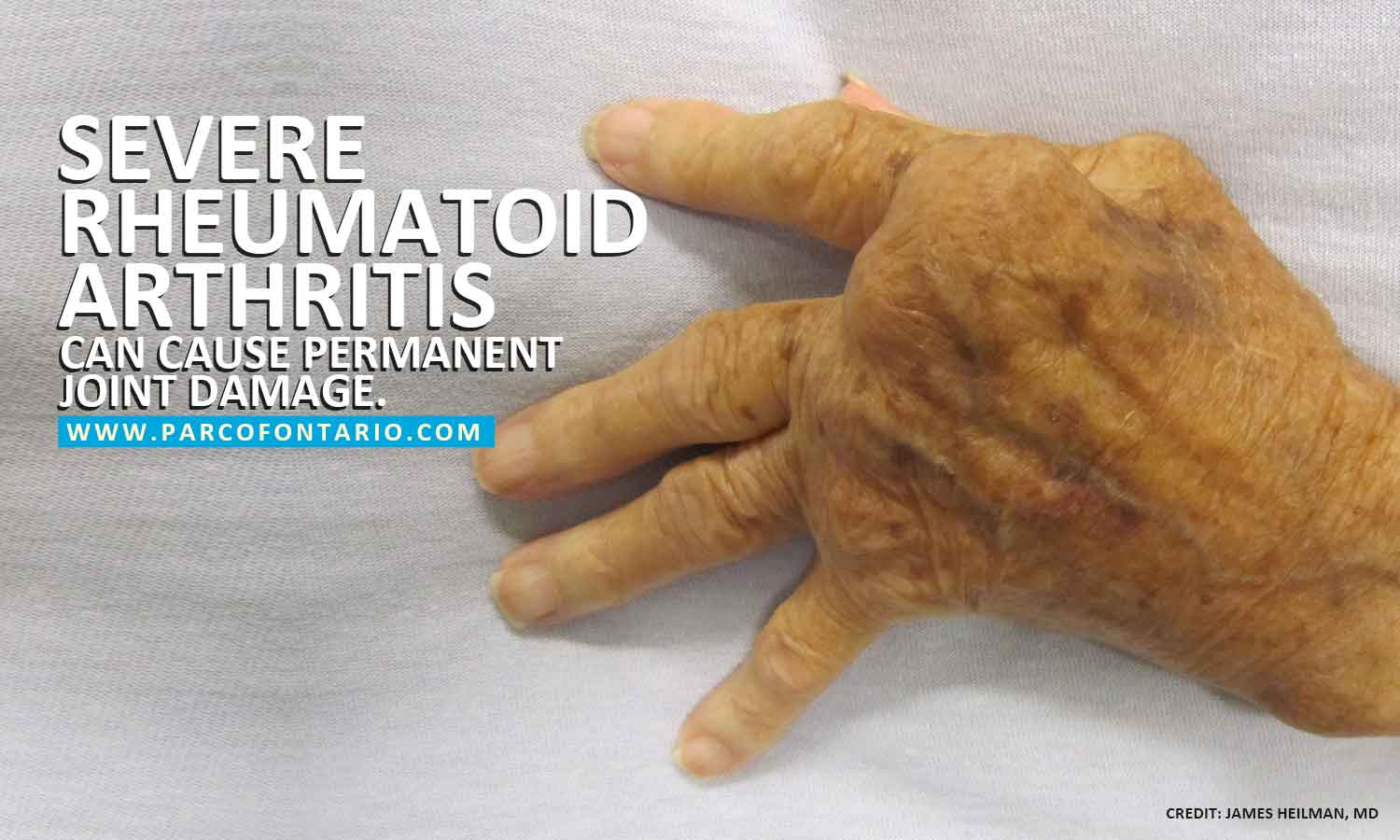
Living with arthritis can be challenging, making it difficult to carry out everyday tasks. Chronic arthritis can be intrusive and hurts your quality of life as it prevents you from engaging in your social and work life. People struggling with arthritis reported more unhealthy physical and mental days.
Joint pain and swelling can affect your ability to carry daily activities, including:
- Walking – When medication does not help reduce the symptoms of arthritis, you may find simple daily activities, such as walking, uncomfortably painful. If you have mobility issues, you may need to use assistive devices, including canes and walkers.
- Climbing stairs – Climbing stairs can be problematic if you are suffering from painful knee, ankle, hip, foot, or back. Your own home can become an issue, especially if you have a staircase to climb. Foot support, knee support, ankle support, and back support helps increase stability, making it safer to climb stairs.
- Daily tasks – Taking care of your living environment can be frustrating for an individual with arthritis. Sweeping, mopping and other housework can worsen arthritis symptoms.
- Eating – Chronic joint pain and swelling make eating difficult. The whole process of picking up your spoon and fork or cutting a piece of meat with a knife can be extremely painful. As a result, you could end up getting less nutrition as arthritis progresses.
- Hygiene and grooming – People with arthritis spend less time on grooming and hygiene. Simple tasks, such as brushing teeth, washing and combing the hair, can cause considerable pain. Painful and stiff neck, wrist, hand, and elbow can reduce one’s range of motion needed for proper grooming.
Treating Arthritis With Physiotherapy
Untreated arthritis can be debilitating. In some cases, it can still progress even with medication. If you are struggling with mild arthritis, it is vital to know that the pain can worsen over time and affect your daily life. Reduced mobility can be considered a form of physical disability. This is enough reason to take the necessary action before the symptoms get worse.
Physiotherapy is a safe and natural treatment that helps lower your risk of disability. Physiotherapists will assess your movement and help you understand the condition of your joints and muscles. Understanding arthritis helps you manage its symptoms. The physiotherapist will provide you with a customized treatment plan for long-term pain relief, along with your prescribed medications.
A physiotherapy treatment program for arthritis involves strengthening exercises for muscles surrounding the joints. This stimulates the joints to heal and prevent the pain naturally without pain medications. Long-term use of pain relievers can have harmful effects on your health.
Here are different physiotherapy treatments recommended by the physiotherapist to relieve pain, swelling, and discomfort:
- Hot and cold packs – Hot packs stimulate blood flow to the affected area, soothing the pain, while cold packs reduce inflammation and swelling. In case no heat or ice packs available, you can use a flannel cloth and soak it with warm or cold water.
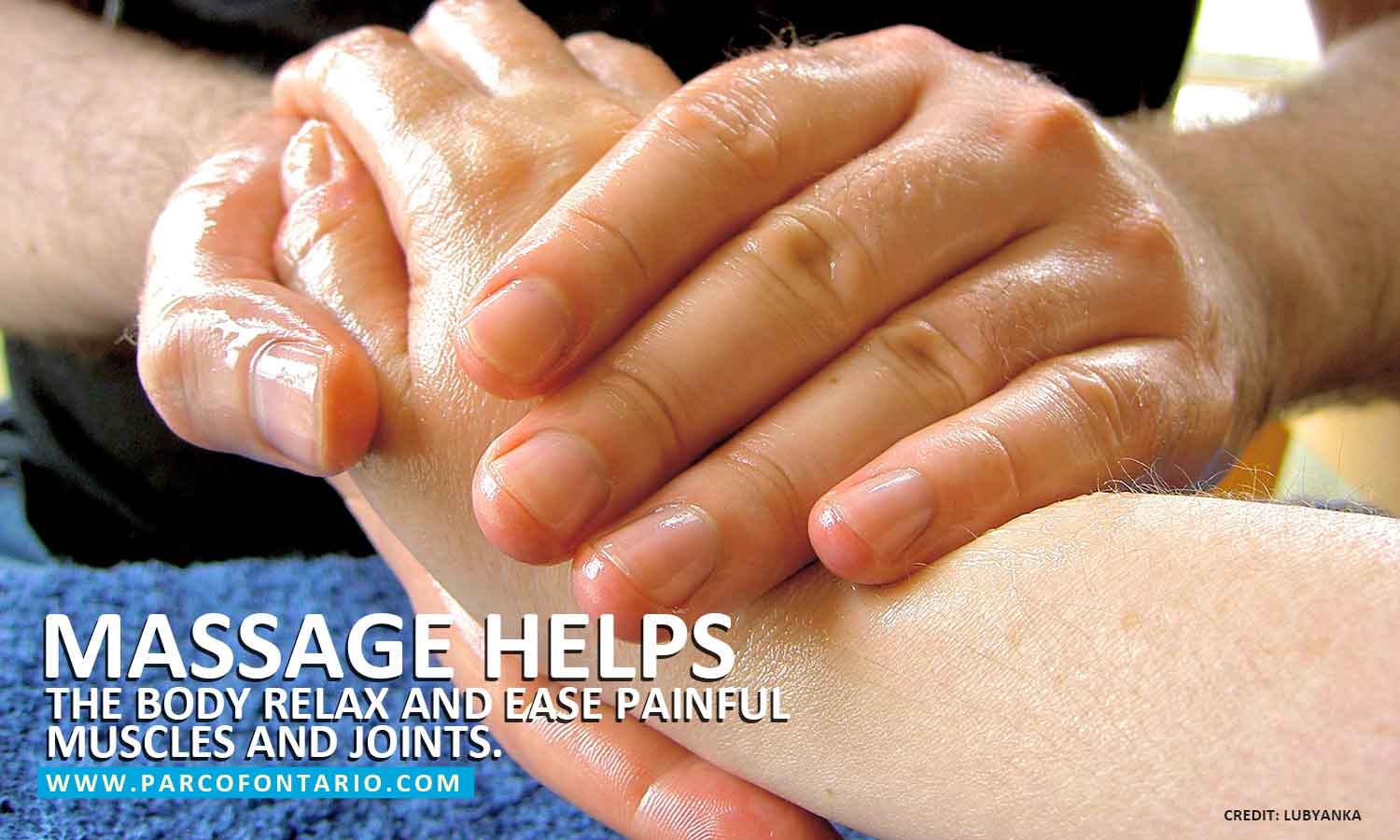
- Massage – A 60-minute massage therapy helps reduce the production of cortisol (a stress hormone) and stimulates the brain to produce more serotonin to improve your mood.
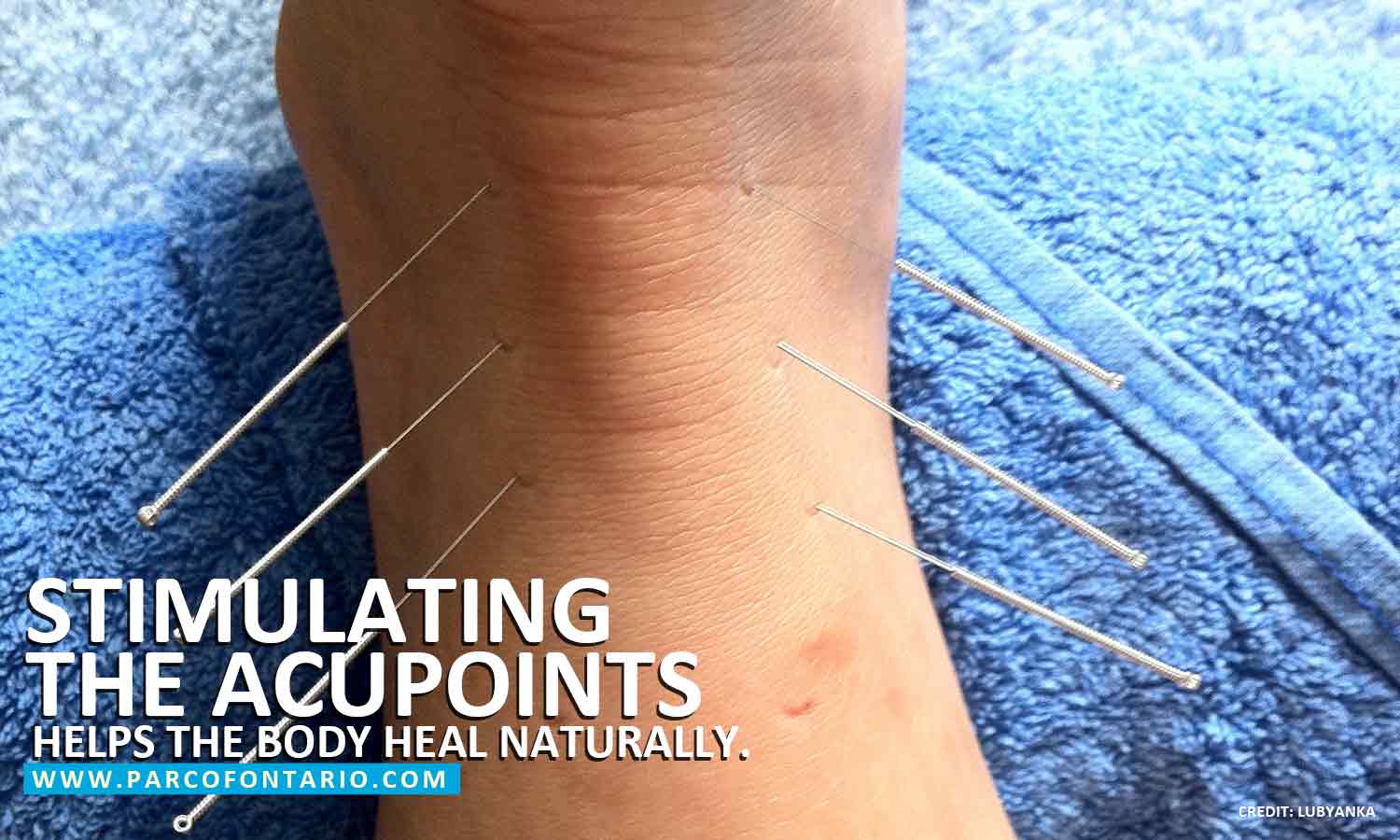
- Acupuncture – This traditional Chinese medicine stimulates the brain to increase the production of endorphins, a feel-good hormone in the body. The licensed acupuncturist inserts specialized fine needles to acupoints to correct the Chi flow to relieve the pain.
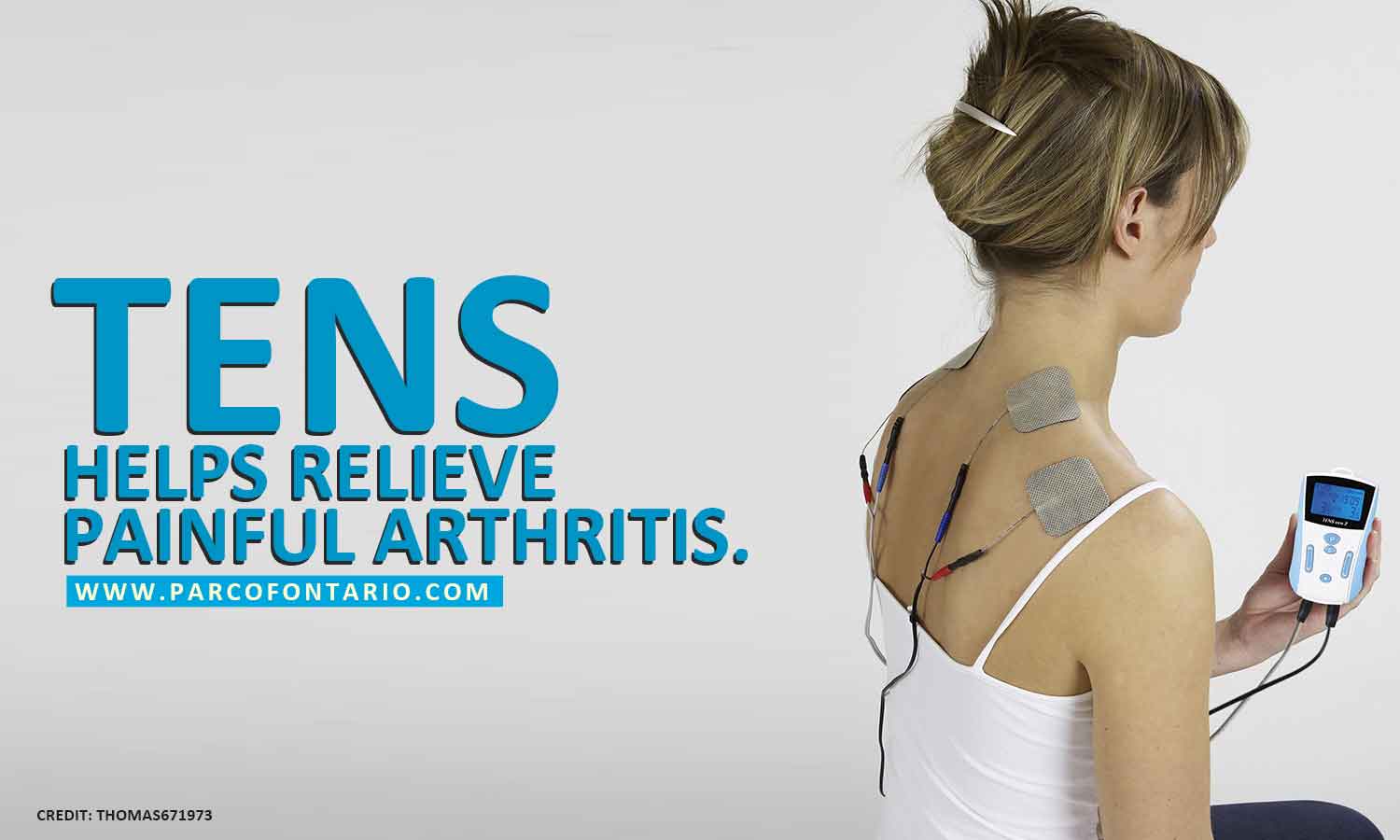
- Transcutaneous Electrical Nerve Stimulation (TENS) – It blocks your nerves from sending pain messages to the brain. It uses a small electronic device that sends pulses to the nerve endings by creating a tingling sensation to soothe the pain.
- Hydrotherapy – It uses water to relieve the symptoms of arthritis. Patients perform specialized exercises in water with temperature ranging from 33 to 36 degrees Celsius with the guidance of a licensed physiotherapist.
With professional physiotherapy, Oshawa residents can find long-term pain relief from acute and chronic arthritis. Advancement in physiotherapy treatment helps improve your quality of life by restoring mobility, relieving pain, and getting back your health.
The Physiotherapy and Rehabilitation Centres of Ontario offers physiotherapy services to people who want to live a pain-free life since 1996. Our team of physiotherapists will assess your health and uses personalized treatment solutions. We accept bookings from patients who require prompt treatment at any time of the day, including weekends.
Call us now at (905) 579-9938 to book a physiotherapy service in Oshawa.
